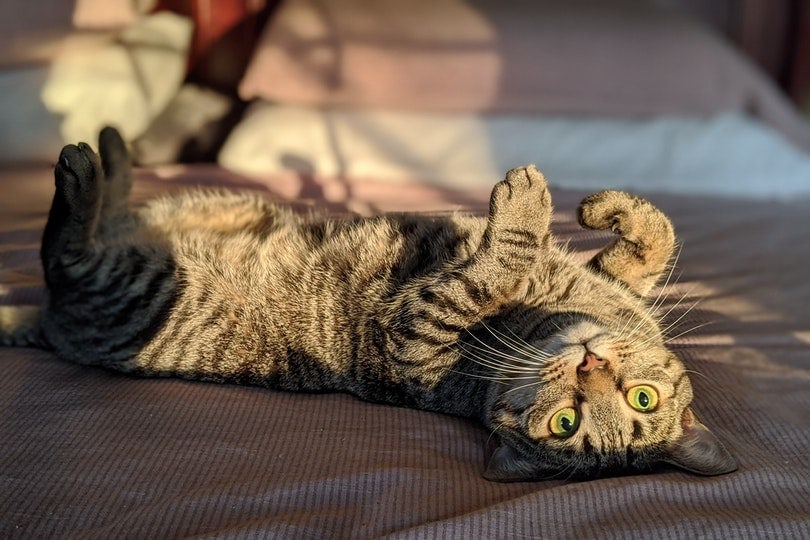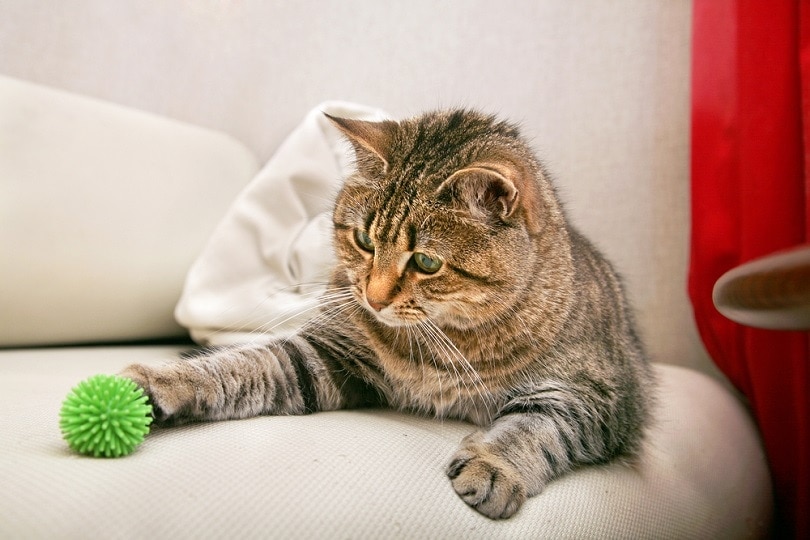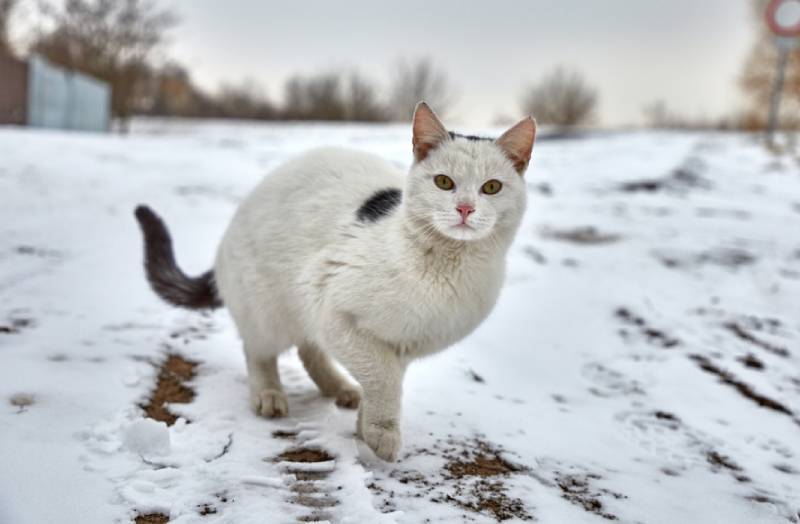Is Febreze Safe for Cats? Vet-Reviewed Health Facts

Updated on
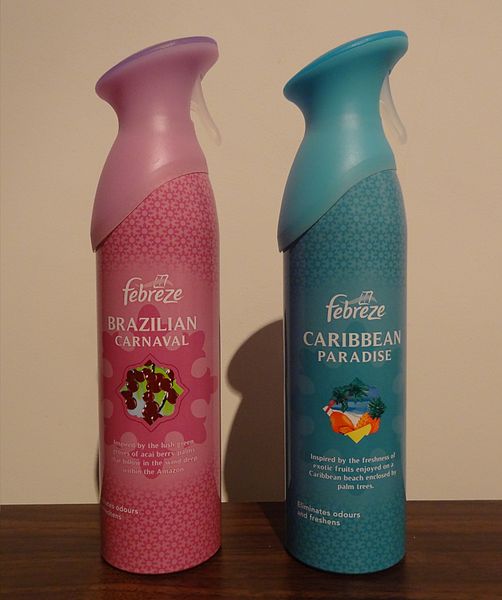
For many years, we used household cleaners and fresheners without any thought to the contents and safety of those products. The assumption was that if it was on the market, it must be safe for humans and pets. Today, we are much more aware of the hazards, or lack of, contained in the products we use daily and their effects on us and our pets.
Febreze refreshes fabric in an instant so you can breathe in pleasant smells rather than offensive odors. This was a winner for consumers, and many people have jumped all over this product.
But is Febreze safe for cats? Can they be around furniture that has been sprayed with Febreze? The answer is yes, but there are some things you may need to consider.
What Is Febreze?
In 1998, Febreze was the first air freshener of its kind to hit the market. The popularity of Febreze rose quickly because, unlike ordinary air fresheners, Febreze eliminates odors—it does not just cover them up. From relaxing lavender to the smell of fresh linen, the choices of scents are many.
Febreze Sanitize
P&G recognized consumers’ increasing desire to not only refresh but to sanitize fabrics as well. In 2017, they introduced Febreze Sanitize, a product that not only eliminates odors but kills 99% of bacteria on soft surfaces, more specifically, fabrics. Also, it’s found to be safe for pets.
Is Febreze Safe for Cats?
While there have been rumors that Febreze is not safe for cats, a review by the American Society for the Prevention of Cruelty to Animals (ASPCA) Animal Poison Control Center and their veterinary toxicology experts found it to be safe for use around household pets. As with any product, you should not allow your cat to lick the surface or encounter the product until it dries, as it can cause mild skin irritation or slight stomach upset.
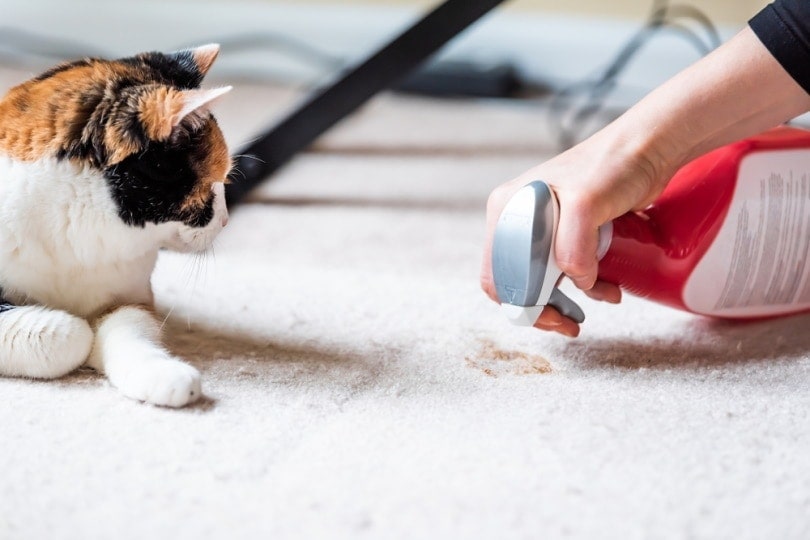
The 5 Types of Scents
1. Air Fresheners
Air fresheners are a great way to quickly cover up odors in our homes, but they do not eliminate them. They can also be irritating to our cat’s respiratory system or cause coughing fits when inhaled. Be sure the room is well ventilated, or it may be a good idea to remove the cat from the room while you are spraying.
2. Essential Oils
Essential oils, depending on the type, quality, and concentration, can be dangerous to cats. If you plan on using essential oils, you will need to consider the ventilation in the room and the possible health conditions of the cat. If your cat has skin or lung issues, the scents may irritate their condition and cause them to have breathing difficulties or skin irritation.
If you choose to use essential oils around your cat, make sure to properly dilute the oil and ventilate the room. The essential oils that should not be used include wintergreen, sweet birch, pine, citrus, peppermint, Ylang Ylang, cinnamon, clove, eucalyptus, tea tree, and pennyroyal, as they are considered poisonous to felines.
Depending on the oil, signs of poisoning may include tremors, vomiting, respiratory symptoms, low heart rate and body temperature, ataxia (wobbliness), and liver failure. If your pet is presenting any of these signs, call the local poison center and your vet immediately.
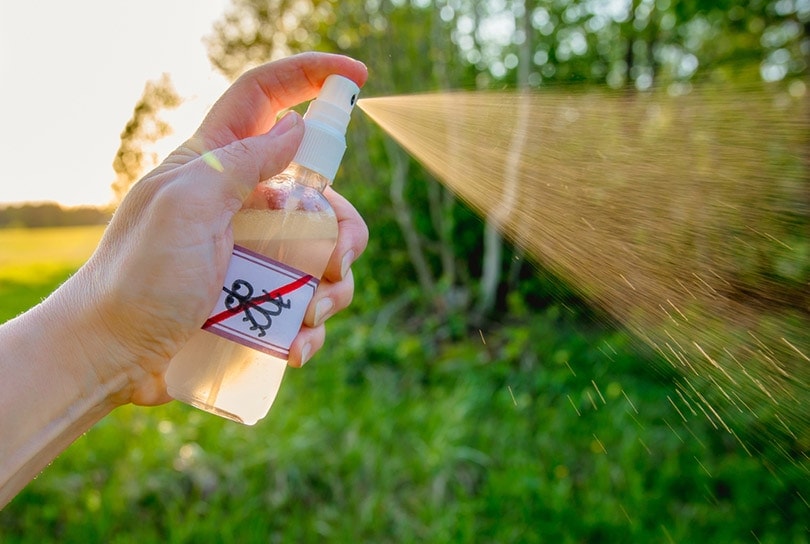
3. Potpourri
Dry potpourri, if ingested, can cause your feline unnecessary stomach upset. It could also lead to stomach or intestinal obstruction, which could lead to possible surgery.
Liquid potpourri, on the other hand, contains essential oils and cationic detergents that can cause serious health and safety issues for your cat. A little lick of the liquid from potpourri can cause ulcers in the stomach or intestines, breathing difficulties, neurological problems, or skin or eye burns.
If you choose to use potpourri, dry or liquid, make sure to keep it out of your cat’s reach and clean up any spills immediately. Also, remember to thoroughly clean any containers containing remaining liquid or residue.
4. Scented Candles
Whether it’s a relaxing bath, a holiday or routinely, scented candles have been used for decades for scent and ambiance. Keep in mind that cats are curious creatures. The flame of a candle can be quite interesting to your furry friend but can lead to paw burns and fire risk. Once again, if the scent is too strong, it can cause nose and lung irritations and breathing problems.
Flameless candles may be a safer alternative if you just enjoy the look of the candle burning. If not, just be sure to keep your burning candles safely out of reach of your pet, and never leave them alone in the same room.

5. Incense
If you are a lover of all things zen and own a cat, you may not want to burn incense in your home. The scent sticks contain essential oils that can irritate existing respiratory conditions in your feline friend. Some cats may have a sensitivity to smoke, and they have the potential to cause asthma in cats.
Conclusion
Whether it’s the smell of food, a litter box, or perfume, our environment is filled with many scents. While we may appreciate the pleasant fragrances in our space, we want to eliminate the offensive odors. In doing so, we need to be diligent about the safety of our pets and be sure to read product warnings and follow the manufacturer’s directions. More importantly, we must consider scents that may be poisonous or especially irritating to your cat’s particular sensitivities, their health conditions, and your environment. As always, if your cat appears to be having breathing difficulties of any kind, never assume it’s from the scents in the home and take them to the vet immediately.
Featured Image Credit: Febreze air fresheners (Image Credit: KRoock74, Wikimedia Commons, CC BY-SA 3.0)



